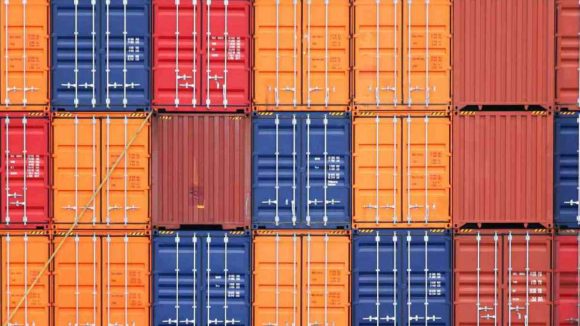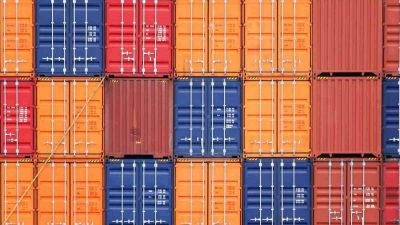Former competition watchdog chair Rod Sims has told The Guardian that Australian consumers are being “ripped off by international shipping companies” teaming up to keep freight costs high.
Two shipping companies, Israeli-based ZIM and the Swiss-based Mediterranean Shipping Company (MSC), recently signed a vessel-sharing agreement that negatively impacts Australia. It limits the number of container ships transported to the sovereign country.
ALSO READ: ‘Cargo Safety Program’ to spearhead dangerous goods declaration
The Guardian reports that Sims believes this deal will prevent fair competition and the need to offer cheaper prices for better business. He says this will also mean ZIMS will reduce its fleet and return for charge sharing on MSC ships.
From ZIM’s viewpoint
“Our decade-long partnership with MSC spanned across multiple trades over the years. Our agile strategy enabled us to promptly adapt to changing market dynamics, ensuring that we continue to best meet our customers’ needs with our signature personalized service, supported by cutting-edge digital tools,” says Eli Glickman, ZIM President & CEO.
Glickman admits that capitalizing on this opportunity with MSC will improve efficiencies in their fleet. “Our focus [is] on taking proactive steps amidst continued near-term headwinds in the container shipping market. We expect this strategic cooperation will benefit ZIM operationally and financially.”
Shipping Australia rejects claims
Watchdog Shipping Australia has rejected concerns raised by Sims. “This allegation is not only without foundation but has been comprehensively rebutted by regulatory action worldwide.”
Shipping Australia has hit back at critics, saying the allegations that vessel-sharing agreements result in fewer vessels coming to Australia. “Shipping companies don’t do vessel sharing agreements to pull vessels out of a market; they pull vessels out of a market on an independent arm’s length basis in response to changing market dynamics. Rather than being lambasted, shipping companies should be applauded for seeking to mitigate or reduce the consequences on their customers of pulling out of a market.”
Therefore, Shipping Australia believes the agreement is lawful. “Competition law around the world generally bans businesses from acting in anti-competitive ways. However, competition law may allow that behavior to lawfully occur by giving some kind of exemption. The legal authorities and regulatory processes will vary by jurisdiction. They may also vary by sector and process.”
At least 23 brands are believed to be providing liner shipping services to Australia. Shipping Australia says: “Some of them may be engaged in vessel sharing arrangements, but that’s generally to the benefit of consumers. While shipping companies may share some assets, they still compete on marketing, customer service, other products, and price. Not all shipping companies are in the same vessel sharing agreements, so there is always a choice, no matter what negative commentators say to the contrary.”
About the author
Mia is a multi-award-winning journalist. She has more than 14 years of experience in mainstream media. She's covered many historic moments that happened in Africa and internationally. She has a strong focus on human interest stories, to bring her readers and viewers closer to the topics at hand.











